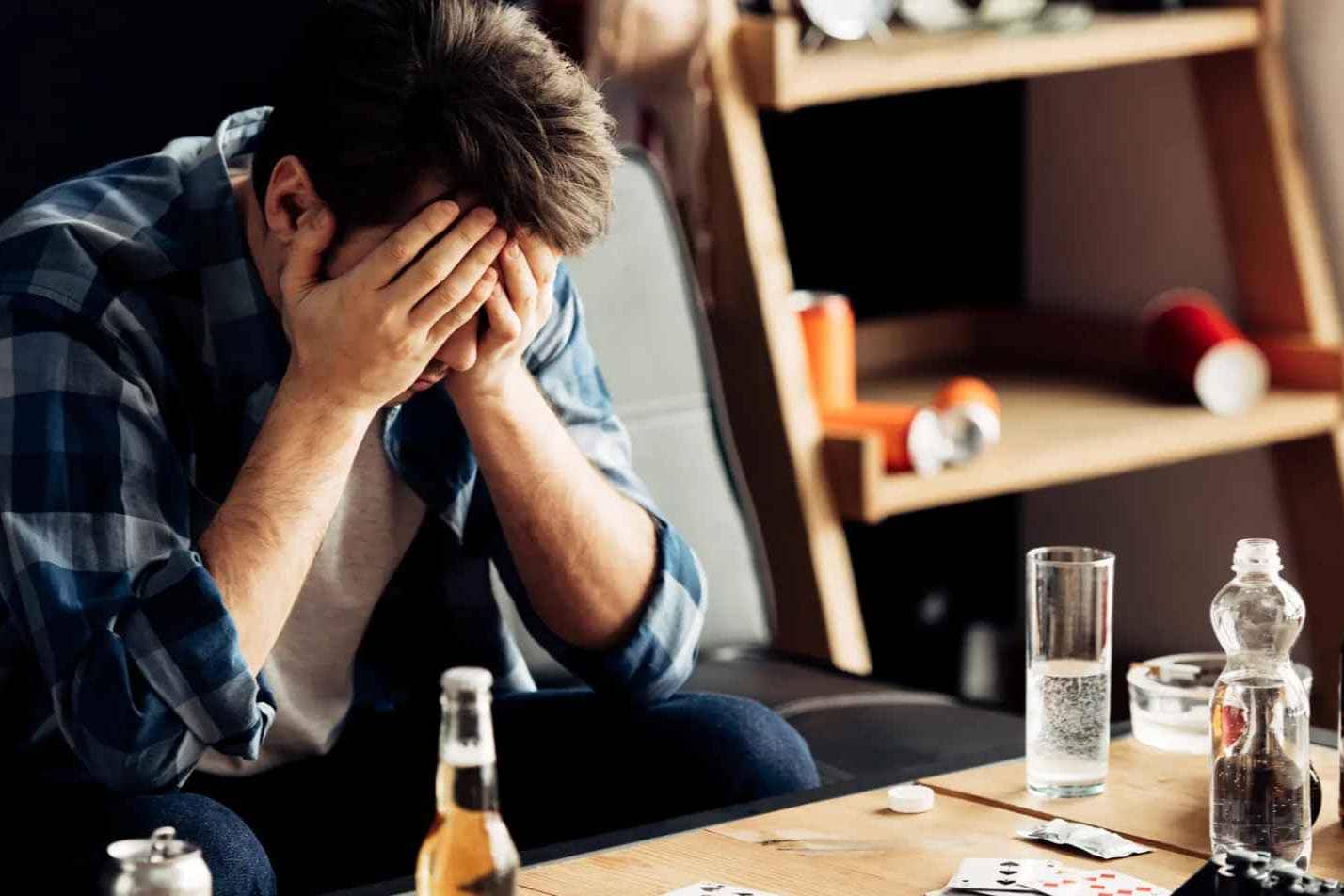You are waiting for relief to hit when you get an awful hangover. Luckily, most hangovers go away in about 24 hours. Several online accounts state that they may last up to three days, yet we lack sufficient proof.
However, if you have a mix of mental and physical symbols, 24 hours can seem like a very long time. And due to many things, specific symptoms can be severe and last longer than others.
What Exactly Does Drinking Do To The Body?
When you drink excessively or binge drink, either once or over time, it can harm your well-being. Here are some specific ways that booze can affect various areas of your body.
- Weaker Immune System – Research reveals heavy drinking can hurt your body’s immune system. That’s because alcohol makes it difficult to sleep. It makes it tricky for the body to fend off viruses and bacteria that try to get in.
- Metabolism Problems – Drinking can hurt the tissues in your digestive system, making it tricky for your intestines to process food and take in nutrients and vitamins. As a result, people might lack enough food, which can affect their digestion.
- Muscle Ache – When you drink a lot of booze, your muscles can weaken and cramp.
- Brain Function – Alcohol can make it challenging for your brain and body to respond to each other. It makes it trickier to stay in tune, and you can struggle with tasks like balance, remembering things, and making choices.
Table of Contents
ToggleHow Long Do You Have A Hangover?

However, if you get a terrible hangover, it can seem like it never ends. It doesn’t, so be calm and keep it up. A hangover truly starts to occur a few hours once you finish drinking.
Most of the time that involves staying out late and getting a good time but feeling bad the following day. If the blood alcohol level is zero, most hangover symptoms are at their worst.
If it feels like a slow burn throughout your day of healing, everything will be great from here on out. The Cleveland Clinic notes that most hangover symptoms get better after eight to twenty-four hours.
In this period, your body gradually removes the harmful effects of alcohol, rehydrates, heals tissues, and puts the body and brain in its normal state. Still, others endure a hangover for up to three days.
Getting a hangover and how awful it is depends on many different things. You’ll undoubtedly have to wait it out, but it doesn’t mean you have to do nothing. You can do something to help your hangover feel better.
Drink lots of water to rehydrate your body, try ibuprofen for your headache, sleep, and enjoy the best hangover foods to feel better.
Although you can say farewell to your hangover following about 24 hours, the alcohol you drank could still be because you feel awful when you often drink excessively. Since it impacts the pathways in the brain, booze can change how the brain works and how well it can think.
When you drink alcohol excessively for a while, it may change the way your body gets nutrients, create inflammation, harm specific organs, cause fat to build up in the blood, and increase blood pressure.
Why Do Certain Hangovers Last As Long As They Should, And Others Don’t?
Several things affect how long your hangover lasts and how awful you feel.
1. How Much Sleep You’re Getting
There is proof that less sleep once drinking causes worse hangovers. Alcohol is a negative effect on rest. It can help you fall asleep quicker, but your sleep tends to be broken and cut short. The more you drink, the less sleep you’ll have and the worse you’ll feel.
2. Age
You’re not crazy; you can’t drink as much as you used to. When we age, our bodies’ capacity to eliminate toxins gets slower. As so, you could get drunk on less booze than you used to.
3. How Much You’d Had Drunk
A 2017 study discovered that the number of drinks you have fails to affect how long your hangover lasts significantly. But drinking a lot worsens the hangover, and bad hangovers tend to last longer.
4. Drinking With An Empty Stomach
Drinking on an empty stomach is not advised for many reasons. For one, it makes you drunk quickly, and it’s far more likely that you’ll be unhappy the day after. Also, drinking on an empty stomach serves to make hangovers worse.
Alcohol damages the walls of your stomach. When you haven’t eaten, you’ll likely get stomach pain and throw up after drinking.
5. Certain Prescription Drugs
Some drugs make it hard for the body to process booze correctly. Given this, you’re prone to get sick, and your hangover lasts longer. Several common drugs that affect how your body handles drinking are:
- Medicines for depression and anxiety
- Antibiotics and medications for allergies
If you’re taking medicine, speak with your doctor or pharmacist before you drink.
6. Dehydration
Alcohol makes you urinate more, which could result in dehydration if you don’t drink water. If you’re drunk enough to throw up, you lose more fluid.
Mild dehydration will make you feel faint and tired and give you headaches. These are all signs of a hangover. The longer you feel bad, the more dehydrated you are.
7. Current Health Problems
Health issues affecting how your body processes booze or blood sugar may leave a hangover worse or last longer. Examples are kidney and liver diseases, plus diabetes.
Since alcohol is a widespread cause of migraines, people who get them often will likely suffer hangovers, notably headaches.
Tips For Drinking Alcohol
Only not drinking will prevent an awful hangover. If you aren’t willing to give up booze, these ideas can help:
- Eat – Empty Stomachs take in alcohol faster. Eat before you drink, and eat while you drink, to slow the absorption.
- Minimize It – Only drink what you intended. Don’t let anyone try to convince you to have more.
- Slow Down – Sipping rather than chugging and combining booze with cocktails or different nonalcoholic drinks keeps you from having a lot.
- Be DD – Being the designated driver reduces the desire to drink more. Your friends will adore you for avoiding hangovers.
- Chose Drinks – Cut back on red wine and bourbon. Congeners in dark drinks increase hangovers.
Conclusion
Many hangovers get better within 24 hours. Everyone’s body deals with alcohol variously, so the chance that you get a hangover varies on several factors.
The trick to avoiding them is drinking in balance. When you have hangovers often, it could mean you’re drinking excessively.

I am a passionate beer connoisseur with a deep appreciation for the art and science of brewing. With years of experience tasting and evaluating various beers, I love to share my opinions and insights with others and I am always eager to engage in lively discussions about my favorite beverage.
















